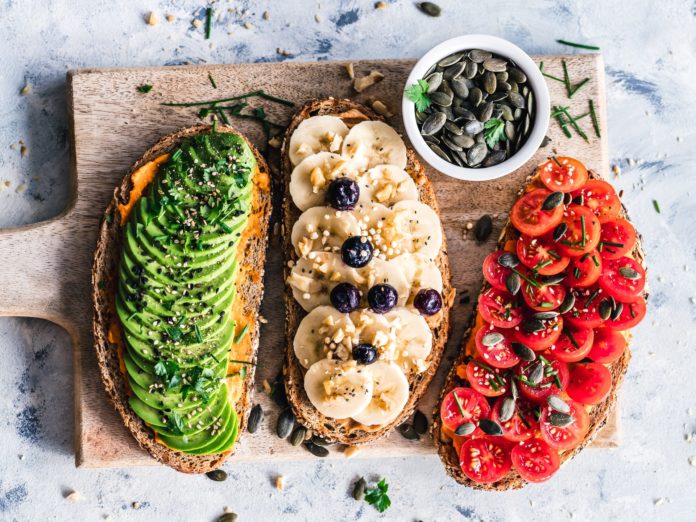The rise of veganism has been met with enthusiasm for its perceived health benefits, but is a vegan diet truly as healthy as many believe? While plant-based diets offer numerous advantages, it’s essential to recognize that vegan doesn’t always equate to healthy eating.
The Facts
Certainly, adopting a vegan lifestyle can lead to positive health outcomes. Research indicates that plant-based diets are associated with lower risks of heart disease, certain cancers, and type 2 diabetes. Additionally, vegans typically consume higher amounts of fiber, antioxidants, and essential nutrients found abundantly in fruits, vegetables, legumes, and nuts.
However, the mere absence of animal products does not guarantee a healthy diet. Vegan options in today’s market range from nutrient-rich whole foods to highly processed, calorie-laden alternatives. Pre-packaged vegan snacks, vegan desserts loaded with refined sugars, and heavily processed meat substitutes may lack essential nutrients and contribute to an imbalanced diet.
Vegan and Healthy: Doing it Right
To ensure optimal health on a vegan diet, individuals should focus on nutrient density and variety. Incorporating a wide range of colorful fruits, vegetables, whole grains, legumes, nuts, and seeds is essential to meet nutrient requirements. Key nutrients often lacking in vegan diets include vitamin B12, vitamin D, calcium, iron, omega-3 fatty acids, and protein. Supplementing or consuming fortified foods can help address potential deficiencies.
Furthermore, mindful eating practices, such as portion control and limiting processed foods, are crucial for maintaining any balanced diet—vegan or not. Cooking at home, reading labels attentively, and prioritizing whole, unprocessed foods can contribute to overall health and well-being.







